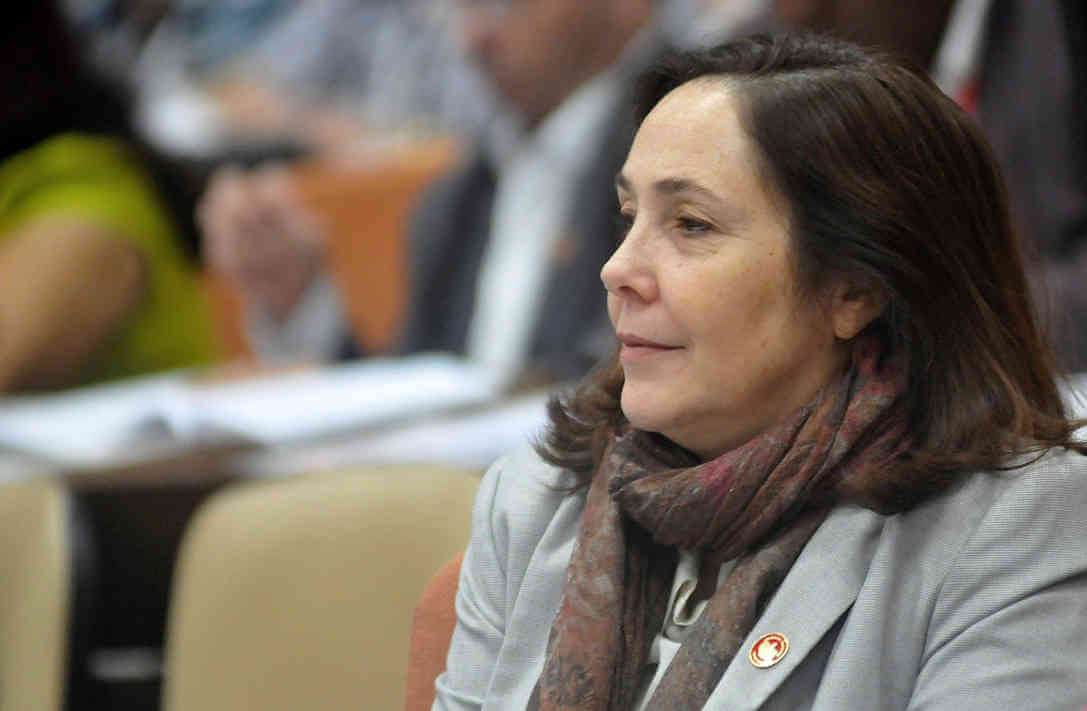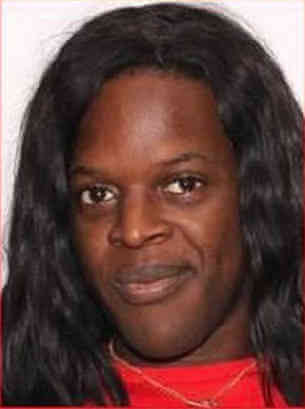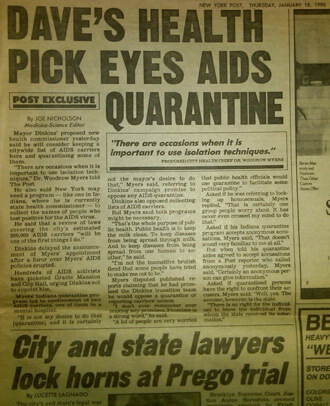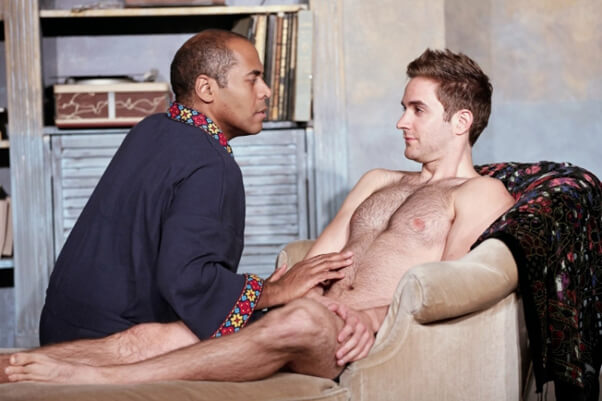Cuba’s government banned a Pride celebration from taking place in Havana on May 11 and police arrested those who defied the order, marking the latest troubling sign of a regressive shift on LGBTQ issues in a nation that until recently had shown encouraging signs of acceptance of queer rights.
Hundreds of people marched while carrying Rainbow Flags and chanting, “Long live a diverse Cuba,” according to Reuters, before plainclothes police officers carried away some participants and directed others to leave because the event was not allowed. Activists moved ahead with the unpermitted event after the National Center for Sex Education (CENESEX) had canceled the 12th annual Pride event just days before.
The Cuban government aggressively sought to enforce the order by reaching out to would-be attendees on social media and in person to warn them not to hold such an event.
The legal landscape for LGBTQ people in Cuba appears to be positive in some areas. Transgender people have had free access to sex reassignment surgery for more than a decade and it is illegal to discriminate on the basis of sexual orientation.
But a movement late last year to embed same-sex marriage rights in the new constitution was squashed by pressure from religious groups, particularly evangelical churches, and now the cancellation of Pride marks yet another shift to the right.
The event’s cancellation came as a surprise not only because it had gone on successfully for more than a decade but also because it was originally planned by but later nixed by CENESEX, a group led by Mariela Castro, the daughter of former President Raúl Castro, who remains first secretary of the Communist Party. She has developed a reputation for being an LGBTQ rights activist, and as recently as five months ago she pushed back against religious conservatives who pushed to reject marriage equality, saying, “We haven’t given in or will give in to the fundamentalist blackmail and backward thinking of people who politically oppose the project.”
But as LGBTQ activists continued planning for a Pride celebration after CENESEX’s cancellation, Castro took to social media to declare that the grassroots event was merely a “show” organized by Cuban exiles in Miami and “backed by officials of the US Embassy and covered by the foreign press.” An article that she attached to that Facebook post suggested that the Pride event was connected to US geopolitical interests in Venezuela.
Even as she criticized the May 11 gathering, Castro voiced support for LGBTQ rights through her Facebook and Twitter pages, urging people in a tweet the day before “to make these days against homophobia and transphobia a space for unity.”
The outlook for further progress on LGBTQ rights in Cuba is unclear given developments on both the nation’s new constitution and this month’s flap over Pride, but President Miguel Díaz-Canel, who took power last year, has publicly declared his support of “marriage between people without any restrictions.”





































